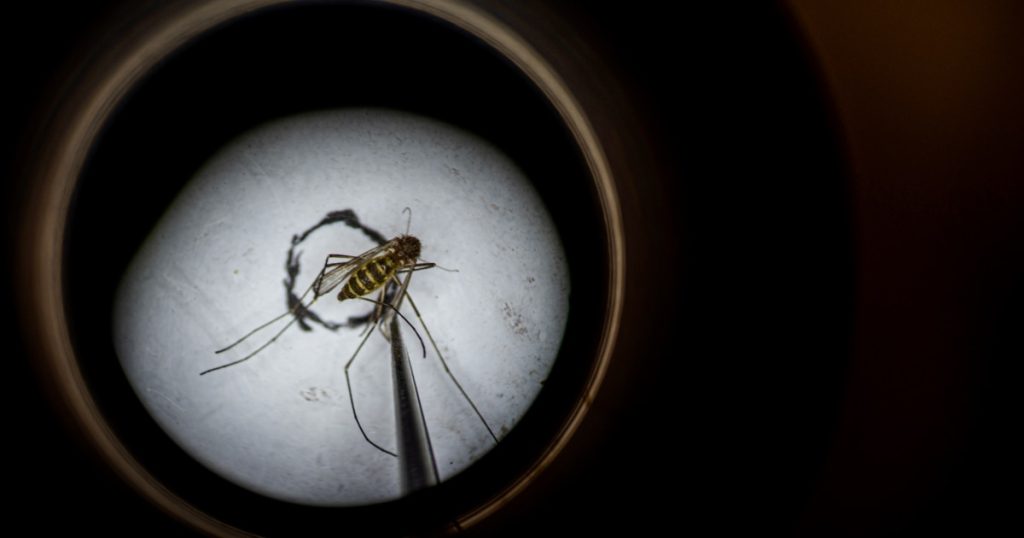Dr. Anthony Fauci, the former chief medical adviser to the Biden administration, recently landed in the hospital due to West Nile virus, one of the many viruses he studied during his tenure as the head of the National Institute of Allergy and Infectious Diseases. West Nile is primarily spread by mosquitoes, particularly Culex mosquitoes, which become infected when they bite sick birds and then transmit the virus to humans through another bite. Since its detection in the U.S. in 1999, West Nile has become the most common mosquito-borne illness in the country, with cases peaking in August and September after rainy seasons.
Symptoms of West Nile can range from mild to severe, with about 1 in 5 people developing fever, headache, body aches, vomiting, and diarrhea. These symptoms typically appear within three to 14 days after being bitten. Serious complications such as meningitis, paralysis, and even death can occur, but are relatively rare, affecting about 1 in 150 individuals. Those over the age of 60 are at higher risk of experiencing severe symptoms and complications, as seen in Fauci’s case at the age of 83.
As of now, there is no specific treatment or vaccine for West Nile virus. However, there are ways to protect oneself against mosquito bites and reduce the risk of infection. Common repellents like DEET and picaridin are effective in repelling mosquitoes, despite some evidence of Culex mosquitoes becoming resistant to certain insecticides. Other prevention methods include wearing loose-fitting clothing that covers the arms and legs, using air conditioning when possible, and ensuring that open windows and doors have screens to keep mosquitoes out. Additionally, removing standing water from items like bird baths, flower pots, and toys can help eliminate breeding grounds for mosquitoes.
This year, 216 human cases of West Nile have been reported in 33 states, with 142 of those patients experiencing neuroinvasive disease such as brain inflammation. The CDC continues to monitor and study the spread of the virus, as well as the behavior of Culex mosquitoes in various regions. Despite the increasing number of cases, the majority of people infected with West Nile do not develop symptoms and are unaware of their infection. It is essential for individuals to take precautions to prevent mosquito bites and reduce their risk of contracting West Nile virus, particularly during peak transmission seasons in late summer and early fall.
While West Nile virus can lead to serious complications and even death in some cases, the overall risk remains relatively low for most individuals. By following recommended prevention measures and staying informed about the virus, people can minimize their chances of being infected. Fauci’s experience with West Nile serves as a reminder of the importance of understanding mosquito-borne illnesses and taking proactive steps to protect oneself and others from potential harm. A full recovery is expected for Fauci, and his case highlights the need for continued research and vigilance in addressing emerging infectious diseases like West Nile.


